Outsourced bookkeeping was made possible by the arrival of the internet back in the 1990s. The coming of cloud accounting apps like QuickBooks and Xero punched it into another gear.
Think about it: the majority of our outsourcing team – highly qualified UK tax experts – is based in India. If we’d wanted to outsource bookkeeping work to them 30 years ago, we’d have had to put paperwork on a plane or boat. Or maybe fax it to them.
We’d have our fingers crossed hoping it made the journey safely and then have to wait weeks to get it back… when it would still require further processing.
Then along came email and, suddenly, anyone could do business with colleagues anywhere in the world. That prompted the first wave of outsourcing which, let’s be honest, didn’t necessarily do the industry any favours.
You might not remember how slow and clunky email was back then, or how much data cost. Attaching an Excel file to an email was extravagant behaviour and it might take 15 or 20 minutes to send. Then, half the time, it would get bounced because ‘the attachment was too large’.
And that’s before we even get into the fact that sharing attachments is a nightmare when it comes to privacy, security and version control. Who remembers files called things like ‘final_version_2_final_final.xls’ cluttering up their inboxes and hard drives?
Cloud accounting: one version of the truth
The cloud changed all of that, not quite overnight, but over the course of a few years.
For the first time, accountants in multiple locations could easily work on the same documents and the same financial data, at the same time.
That means there’s always one version of the truth, one set of books, one set of accounts, that everyone can see and refer to.
They didn’t need high-end, enterprise-grade software, either – the stuff the Big Four could afford to develop in-house – just commercially available, user-friendly software like QuickBooks, Google Drive or Microsoft Office365.
Security, worldwide
The cloud also brings reassurance that your data is safe and secure, whoever is working on it at any given time.
In QuickBooks, for example, you can control who has access to which information using data level permissions. Those can be changed or revoked at any time and, as admin, you can see who has accessed what, when, if anything should go wrong.
Information on cloud servers and in cloud accounting systems is also encrypted, and further encrypted when it’s transferred from the UK to India or the US or anywhere else.
There are concerns about hacking, of course, but we’ve never had a problem with that. And, anyway, it’s nothing compared to what used to happen when the hard drive broke, or the office flooded, or someone broke in and stole all the office laptops.
Improved communications
Cloud accounting makes working with colleagues overseas feel seamless.
In the past year, with so many people working from home in the UK, we’ve really noticed the difference.
When you’re all working in QuickBooks or Xero, commenting on the same Excel files in the cloud, chatting away in messenger, it doesn’t matter whether the person you’re collaborating with is in New Delhi or Deal.
If you want to talk about how outsourced bookkeeping might make your accounting firm more profitable, get in touch.

